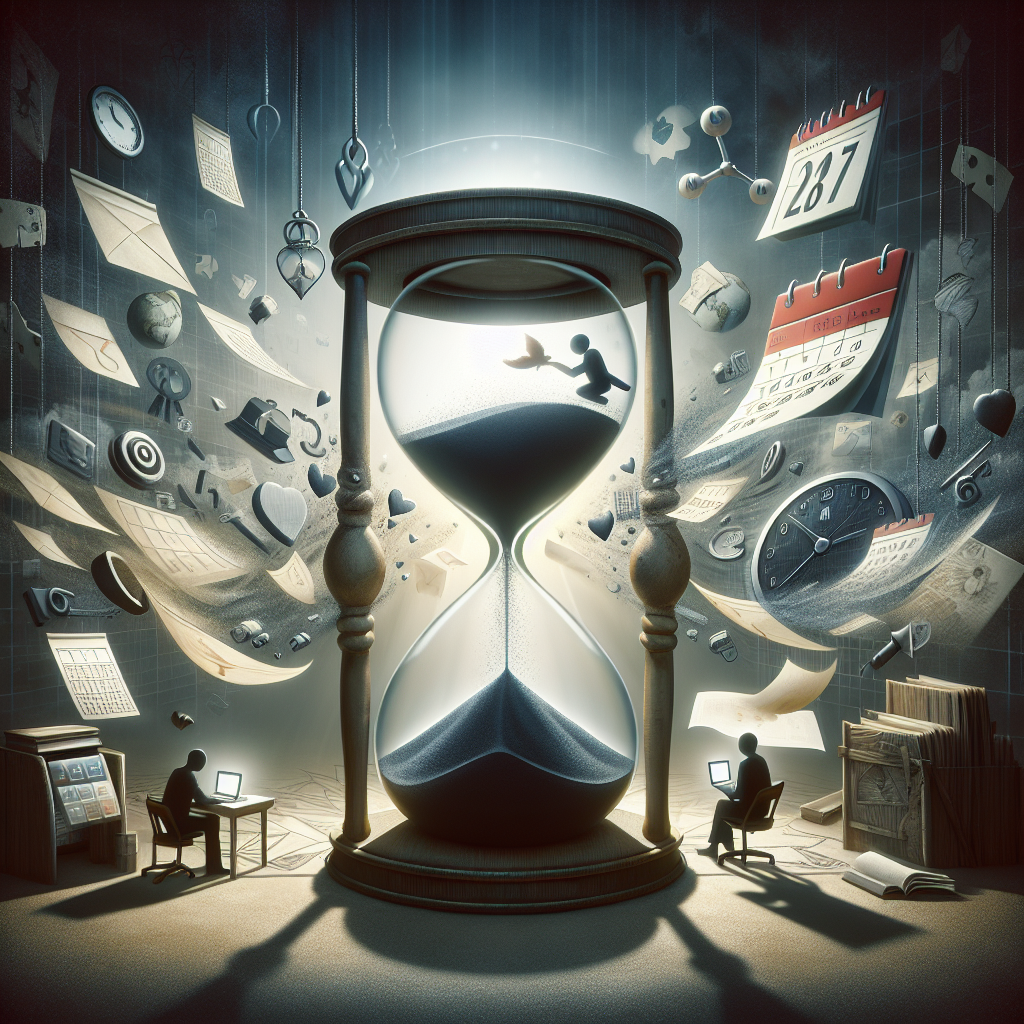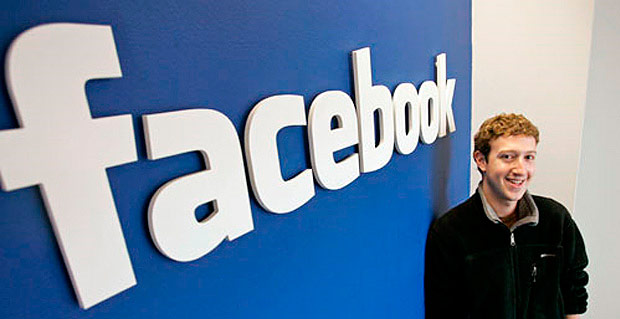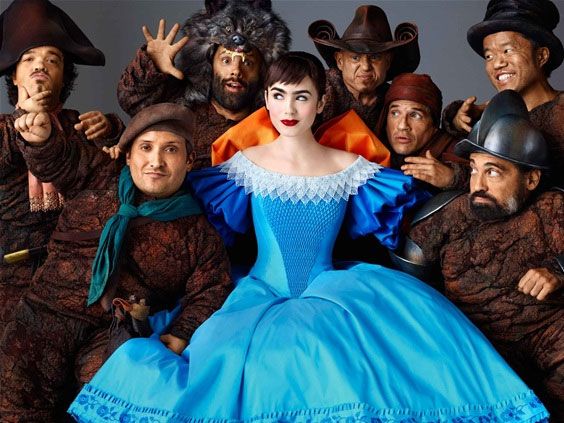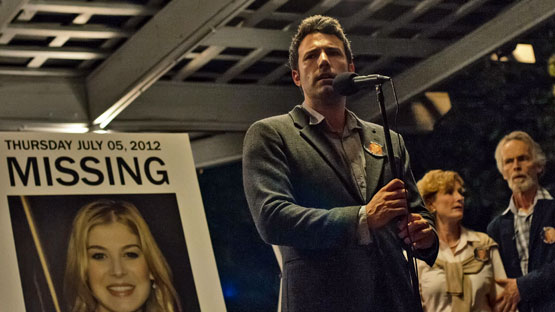More than a decade on, and director David Fincher‘s riveting drama, “The Social Network” (2010), still stands as a penetrating exploration of ambition, friendship, and the bitter taste of success. The film, written by Aaron Sorkin, is a daring depiction of programming prodigy Mark Zuckerberg (portrayed by Jesse Eisenberg) credited for creating Facebook, the globally influential social networking site.
“The Social Network” isn’t essentially a story about Facebook but a multilayered narrative that uses the formation of the platform as a centerpiece to explore themes like betrayal, ego, isolation, and the complexities of the legal system.
Anchored by a blistering screenplay from Sorkin, this film smartly intercuts between two depositions where Zuckerberg is the defendant: one involving the Winklevoss twins (Armie Hammer in a deft dual role) who assert he stole their idea, and the other with his ex-best friend, Eduardo Saverin (Andrew Garfield), who claims he was wrongly expelled from the company.
Eisenberg’s portrayal of Zuckerberg is nothing short of remarkable. His performance is meticulously layered—ambitious yet isolated, brilliant but socially inept, quick-witted yet habitually insensitive. Eisenberg’s Zuckerberg is not a villain, nor is he a hero, but a complicated figure whose unimaginative desire for power and recognition subtly erodes his ethical compass.
Garfield’s Eduardo Saverin plays the wronged ally with so much heart that it’s impossible not to root for him, embodying the emotional core of the film. The chemistry between Eisenberg and Garfield, simmering from camaraderie to rivalry, grounds the film, giving it as much a human face as possible.
Justin Timberlake‘s Sean Parker is charismatic and manipulative – a seductive, reckless maverick who symbolizes the darker side of Silicon Valley’s rapid rise. Timberlake brings a magnetic charm that befuddles and sways the young nerds into making business-altering decisions, inevitably leading to strains and fractures in their relationships.
The film’s staggering dialogue, delivered at a breathlessly fast tempo, is potently energetic. Sorkin shapes the language to be as impactful and biting as the premise demands, carving characters who are intellectual, witty, and bristling with ambition. This stands as one of the greatest achievements of the movie, etching it into a rhythm rarely seen in most dramas.
Visually, Fincher subtly envelops the story in a slightly dark, mildly desaturated aesthetic, reflecting the morally murky universe these characters inhabit – a realm where ambition trumps ethics and friends turn adversaries. It is, in a nutshell, Fincher at his best. The regatta scene, featuring a tilt-shift lens and a rapid-cut editing frenzy set to eerie choral music, is a particular highlight – an exquisite spectacle that marks the accelerating shift in power dynamics.
The score by Trent Reznor and Atticus Ross is a pulsating, haunting accompaniment that underlines the amplifying tension across the storyline. The music creeps up, echoing the subtle, incremental psychological progression of the plot, enhancing the viewing experience as it does.
“The Social Network” is masterfully prophetic, a powerful commentary on the modern social media landscape, the tech industry’s ethical qualms, and the complicated nature of friendships within a business context. In retrospect, it shockingly foreshadows the future impact of Facebook and the unchecked power of its creator.
The film might not be perfectly factual in its storytelling, but it’s indeed emotionally true. It captures the complex humans behind the world-changing technology, presenting a fascinating look at ambition, betrayal, and the price of unprecedented success. With its biting dialogue, stalwart performances, and resonating themes, “The Social Network” stands as a reflective masterpiece that remains enduringly pertinent in today’s digital age. A must-watch for those who appreciate sophisticated, thought-provoking cinema.
Rating: 4.5/5




